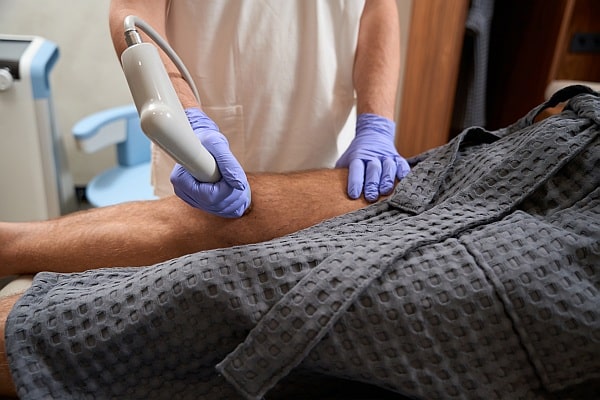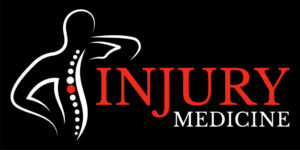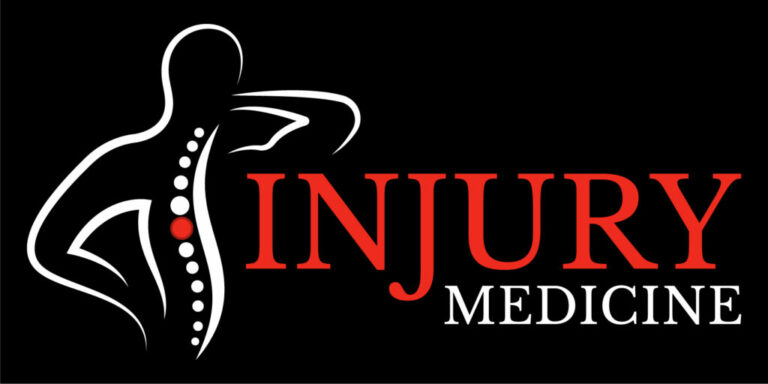A traumatic brain injury, or TBI, is an injury to the head that affects the way that the brain functions. TBIs are the leading cause of death and disability in the United States and occur when sudden, physical assault damages the brain. The term “traumatic brain injury” is used to describe an array of injuries that can happen to the brain – occurring in one area (focal) or diffusing to more than one area.
In this article, we’ll explain the signs of a traumatic brain injury and treatment options. If you think you may have a TBI, our Spartanburg injury center can perform diagnostic tests and help you on the road to recovery.
What Can Cause a TBI?
There are several causes of TBIs, but the most common ones seen in our Spartanburg injury center include:
- Auto accidents: A TBI can occur as the result of head trauma sustained in a collision involving cars, buses, motorcycles, or bicycles.
- Slip and fall accidents: Whether at home, work, or out in public, slip and fall accidents can result in TBI if trauma occurs to the head – these injuries are more common in small children and older adults.
- Workplace injuries: Among all the reported workplace TBIs, more than 50% of them result in death for employees working in the construction, farming, fishing, transportation, and forestry industries.
- Sports-related injuries: Playing contact sports create a risk of injury, including head trauma that can result in a TBI.
- Violence: Physical violence, whether an altercation with a stranger or in the home, can result in bodily injury. When intense fighting occurs, it can result in injuries to the head, which may include TBI.
What Symptoms Accompany a TBI?
Like with any head trauma, the symptoms of a TBI may be closely related to those experienced with other injuries. If you have sustained a significant head trauma and experience one or more of the following, reach out to our treatment center immediately:
- Headaches
- Dizziness
- Fatigue
- Sleep problems
- Memory problems
- Mood swings
- Difficulty concentrating
It is important to reach out to a medical professional as soon as possible when a head trauma occurs – especially if it results in a TBI.
Suffering a Traumatic Brain Injury Can Change Your Life
As you can imagine, suffering a traumatic brain injury can have a profound and lasting impact on every aspect of your life. The physical, cognitive, and emotional consequences of TBI can be disabling and long-term. This sort of injury can affect your ability to work, support yourself, and enjoy life.
If you experience any of these symptoms after a head injury, it is important to see a doctor as soon as possible for a proper diagnosis.
Treatment Options for TBIs
At our Spartanburg injury treatment center, we take TBIs seriously. In most cases, injuries to the head should be treated as an emergency, as without the right treatment, they can escalate to a life-threatening injury.
If you have experienced head trauma, a medical professional should evaluate you immediately to determine the severity of the injury and if you have sustained a TBI.
Mild and Moderate TBI
A mild TBI may not require more than rest and monitoring to ensure the injury does not intensify. Most medical providers will advise mild TBI sufferers to use over-the-counter pain relievers to combat the pain, but someone accompanying them should monitor for worsening symptoms at home.
Given the seriousness of TBIs, a follow-up appointment may be required at the discretion of the medical professional.
Moderate TBIs may require emergency care. Emergency care professionals will make sure that the patient has adequate oxygen and blood supply. Blood pressure will be monitored regularly and hospitalization may be required to help with secondary damage due to inflammation, bleeding, or reduced oxygen levels in the brain.
Medications for TBI
Depending on the severity and the number of symptoms experienced by someone with a TBI, treatment may include medications like:
- Anti-seizure medications: Moderate to severe TBIs put patients at a higher risk of seizures, especially during the week after experiencing the TBI. Anti-seizure medications will help in the prevention of seizure activity that may further injure the brain.
- Diuretics: The use of diuretics reduces the amount of fluid in the body’s tissues and increases urine output.
- Coma-inducing medications: When a TBI is serious, a medical professional may put a patient into a medically induced coma to help reduce the amount of oxygen needed for the brain and allow the brain to rest and recuperate.
Injury Medicine’s Spartanburg Treatment Center Can Evaluate Your TBI
Experiencing trauma to the head can be devastating and life-altering. Receiving the proper evaluation and treatment is critical to avoid further complications.
If you begin showing any of the symptoms of a TBI after sustaining a head injury, don’t wait to call a doctor. Contact our Spartanburg treatment center immediately for further evaluation.





